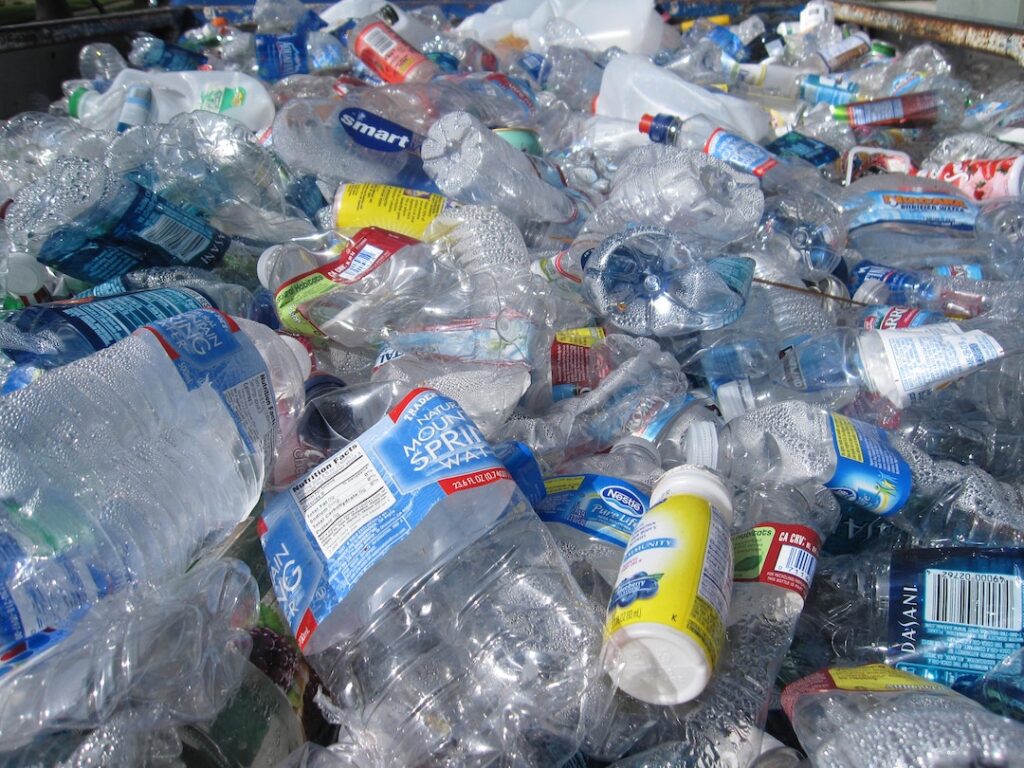Pumped Storage Planning – 1970s VS 2020
Pumped Storage Planning, 1970s vs 2020 By Dr Alastair Barnett Webinar 21 Oct 2020 Until the recent flurry of publicity about the Lake Onslow proposal, pumped hydropower storage had not been seriously considered in New Zealand since the 1970s. At that time the Tekapo canal was under construction to link the two main storage reservoirs (Lakes Tekapo and Pukaki) in the Upper Waitaki power development, and an obvious option was to design the canal to take pumped flow from Pukaki to Tekapo as well as gravity flow from Tekapo to Pukaki. The canal design was duly analysed, constructed and tested to have the required reverse flow capacity. Instead, the newly developed Maui gas field was utilised and the Huntly thermal power station continues in use, and the importation of coal means that our thermal emissions have actually increased. The disastrous outcomes of poor power planning have now been recognised, but the reaction seems to be one of panic, adopting the first scheme to come to mind while ignoring the alternatives, especially the final 10% of the Tekapo-Pukaki scheme.
Read MoreBuilding For Climate Change
As a group of professional engineers, Engineers for Social Responsibility (ESR) strongly endorse MBIE’s commitment to meet the government’s Carbon Zero targets by 2050, and the implementation of changes to our Building Consent regulations that will improve operational efficiency and reduce lifecycle carbon emissions from New Zealand’s building stock.
Read MoreDesign For Additive Manufacturing
Prof Olaf Diegel of the University of Auckland, spoke to a webinar arranged by Engineers for Social Responsibility on 16 September 2020. Additibve manufacturing is popularly know as 3D printing and has been eagerly seized on by many computer users as an additional and interesting adjunct to their work.
Read MoreWhat Is Wrong With The New Zealand Electricity Market?
Dr Geoff Bertram spoke to an online meeting of Engineers for Social Responsibility on 19 August 2020. He reviewed the electricity reforms since 1986 and their effects, particularly on pricing, excess profits and anti-competitive practices. He noted the effects particularly on increasing poverty and inequality, specially child poverty and energy poverty. He suggested steps that could be taken to deal with these problems, but noted that invested interests would make implementation of any of them, very difficult to achieve.
Read MoreAugust 2020
– MBIE’s The building for Climate Change Programme
– India’s draft policy on Scientific Social Responsibility
– The next generation electric car battery
– Advancements needed to make automated vehicles an everyday reality
– Spreading rock dust on fields to remove CO2 from the air
– Solar water heating in New Zealand
July 2020
– Covid-19 has given us a chance to build a low-carbon future
– Blue-sky thinking: how cities can keep air clean after coronavirus
– Extracts from an essay entitled “Why are fossil fuels so hard to quit?”
– Construction begins on world’s biggest liquid air battery
– Micromobility set for boom in London
Getting New Zealand Moving
We endorse the crucial role of the Climate Change Commission in informing government policy, and the principles for investment outlined in their letter dated 7 April, 2020. To complement this advice, we would also like to draw your attention to the following risks and opportunities.
Read MoreApril 2020
– The new normal: A changed transport and land use future following Covid-19
– Stone: A new sustainable product?
– How Helsinki and Oslo cut pedestrian deaths to zero
– Greenland’s melting ice raised global sea levels by 2.2 mm in two months
– Tropical forests losing their ability to absorb carbon
– Electric cars produce less CO2 than petrol vehicles, study confirms
– Scientists create mutant enzyme that recycles plastic bottles in hours
Submission In Response To: Accelerating Renewable Energy And Energy Efficiency
Accelerating the use of renewable energy and improving energy efficiency are both very important steps that need to be taken, and we agree with many of the suggestions in the Discussion Document. However, given the extreme climate emergency we are currently now facing, with the strong possibility of catastrophic outcomes if it is not adequately addressed, these steps on their own are not nearly enough for New Zealand to contribute sufficiently towards holding global heating below the current internationally agreed limit of 1.5°C.
Read More
